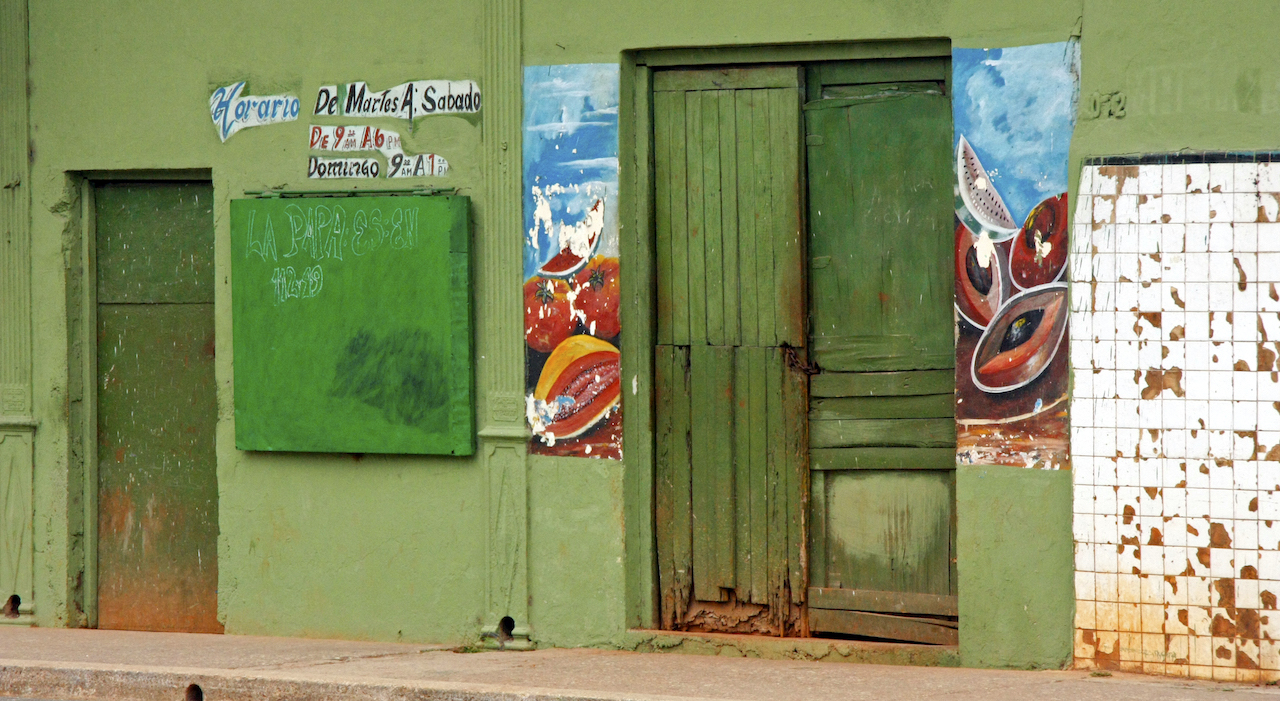Despite the bravado with which Díaz-Canel gave the order to crack down on the protests on July 11, and the confidence that an oppressive government, with a monopoly on the official media in Cuba, attempts to project, they are scared. The recent cry for freedom has them trembling.
And their fear is costing them, resulting in more foreign debt, more unexpected spending, and more tension for a zombie economy that, although it continues to move, is dead.
In the recently released (and long overdue) Cuban economic data for 2020, we see that retail circulation (total products sold to consumers) fell 13%, to levels of a decade ago. This fall would be even greater if the calculation were carried out using constant prices. And the coronavirus cannot be blamed, as the initial stagnation and setback began in 2017.
Almost half of spending by Cuban families is on food, a pattern typical of highly underdeveloped economies. From 2019 to 2020 the supply of vegetables fell by 20%, tubers by 23%, fruit by 17%, rice by 17%, beans by 18% and the supply of pork, the most coveted protein in the country, was off 30%.
The only product in greater supply was poultry , which, paradoxically, comes mostly from the United States (belying the "blockade") 414,000 tons were sold, so each Cuban received half a chicken per month ... let it not be later said that the Revolution produced nothing.
Of course, all these supply reductions stem from a situation of chronic shortage; that is, there was hardly an abundance before, such that Cuba did not go from good to bad, but rather from bad to worse.
Although this data has just been published by the National Office of Statistics and Information (ONEI), there are previous indicators, mid-term calculations and complicated econometric formulas used by officials at the Ministry of Economy and Planning, which should have indicated, since early 2020, that supply was dropping, dramatically.
When there is less supply but equal demand, prices go up; when cash is more available and supply is stable, prices go up. Increasing the availability of cash (wages and pensions) in a situation featuring reduced supply is a recipe for inflation, which the Government should have known.
Launching the "Ordering Task" when the country was in economic freefall and the epidemic was spinning out of control in Cuba, was a truly vile act, but the regime miscalculated the people's patience, as the country is more fed up than ever before since Fidel Castro took power.
The question now is whether the government will be able to afford what is necessary to allay the people’s exasperation. Will it be able to deliver the electricity that the country demands during the summer? Will the donations of its Vietnamese, Russian and Mexican confederates be enough to ease the people's hunger? Will it be able to squeeze enough out of Petróleos de Venezuela (PDVSA)? Will vital funds, el salve, continue to arrive from Miami and Madrid?
At the end of last year the authorities announced an 11% drop in GDP, but failed to mention that the people bore the brunt of this: no other indicator has decreased as much as households' consumption. Each Cuban —children, the elderly, the sick, the disabled— spent $256 less in 2020; at the official exchange rate this would be 6,144 CUP, when the average salary was 879 CUP. This means that in 2020 it took 12 salaries to purchase what people did with just five in 2019, which was already a year of decline.
The systemic inefficiency of Castroism has caused GDP to accumulate a drop of more than 15 percentage points from 2015 to 2020, while the trade balance, the difference between what the country sells and buys, is in the red. Thus, although we do not have data for 2019 and 2020, it is foreseeable that external debt - especially with regular suppliers - will have risen considerably.
And let's not forget that the data for 2020 worsened in 2021, for which we do not yet have numbers, but we can see the misery, hunger and grief in photos of a Cuba that is hurting, and of a government that is calming its own anxiety with troops in the streets and expenses it cannot afford.
Castroism has always played at keeping the people in a state of dependence, hovering above hunger, but the demands voiced on 11-J revealed that many people know that their hunger will not be appeased with extemporaneous "food modules" from donations, or with surprising sales of quality fish (and even lobster!) at a few fish shops in Havana. Many already know that Cubans hunger will only be satisfied with freedom... and the clock is ticking.
